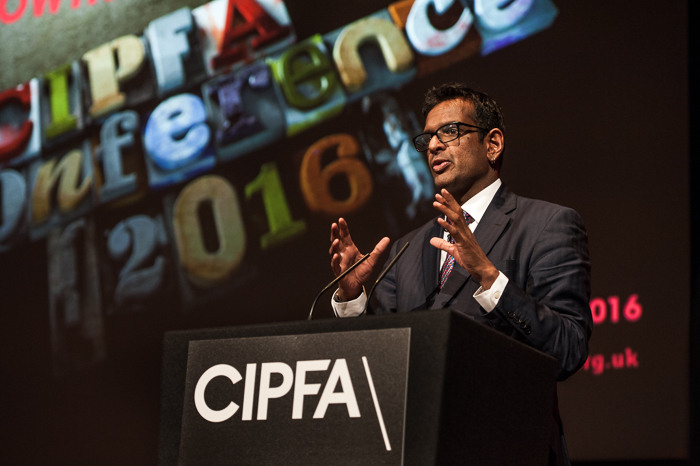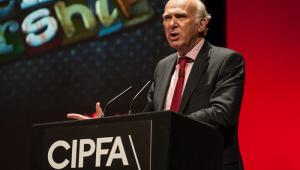
Professor Anand Menon Photo: Rafael Bastos
That warning came from Anand Menon, professor of European politics and foreign affairs at King’s College London and director of the UK and a Changing Europe research project.
He said: “I suspect they will need to give us a bad deal for fear of contagion and that others could leave if they give us a deal with the advantages of membership.”
Whatever the eventual shape of a deal, its political management would be difficult in the UK because of fundamental splits in the Leave camp.
“The Leave campaign was very divided,” Menon said. “People like [Daniel] Hannan and [Douglas] Carswell say they want to be more open to the world, while Ukip supporters want to pull the drawbridge up and if possible go back to the 1950s. “
The referendum had seen people who did not normally vote take part in a democratic process and Menon said ways must be found to encourage their continued engagement.
“The vote was a howl of rage and very little to do with the EU,” he said.
“People who have been forgotten since the 1980s voted in places where they didn’t usually bother because a donkey with a red rosette could get elected anyway.”
Tariffs would not be the main negotiating issue for industry but rather the threat of exclusion from talks on regulations and standards, he predicted
“Take the car industry. It would not like a 5% tariff but it could live with it. The problem is not being at the table when regulations are decided such as for driverless cars,” Menon said.
Trafford Metropolitan Borough Council leader Sean Anstee told the Manchester conference that it was meeting in “the only non-capital in Europe with the potential to become a mega city”.
He said powers moving from the EU to the UK should not stop at central government but be devolved where appropriate so that local and regional governments could apply solutions to their own problems.
“Government policies have not worked over four decades to change [inequalities] here, “ he said.
“People in the north east of this conurbation are still poorer than in the south west and nothing has shifted it.”
International Federation of Accountants president Olivia Kirtley told the session that across much of the world there was “a lack of trust in institutions and governments”.
This had manifested itself, for example, in the ‘Occupy’ movements, the impeachment of Brazilian president Dilma Rousseff, the rise of Donald Trump and in the Brexit vote.
Accountants could play their part in tackling this by pressing for public sector financial transparency to counter corruption and misdirection of resources, Kirtley said.
“Most governments hold the private sector to high standards but do not apply these standards to their own activities,” she said.
There was also a danger that rising nationalism would lead to regulatory fragmentation, bringing complexity that would hamper growth.



















